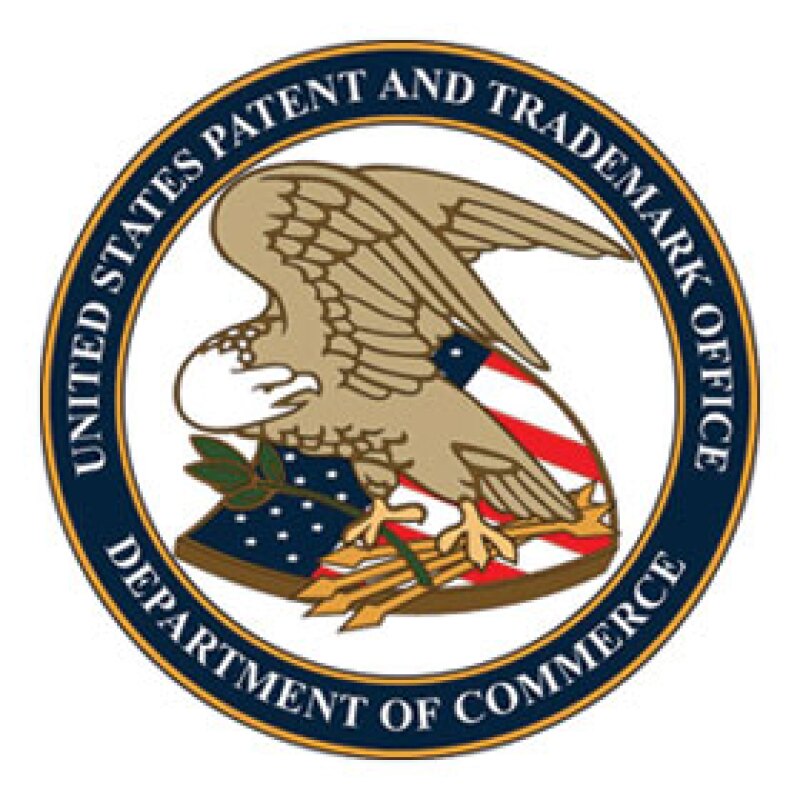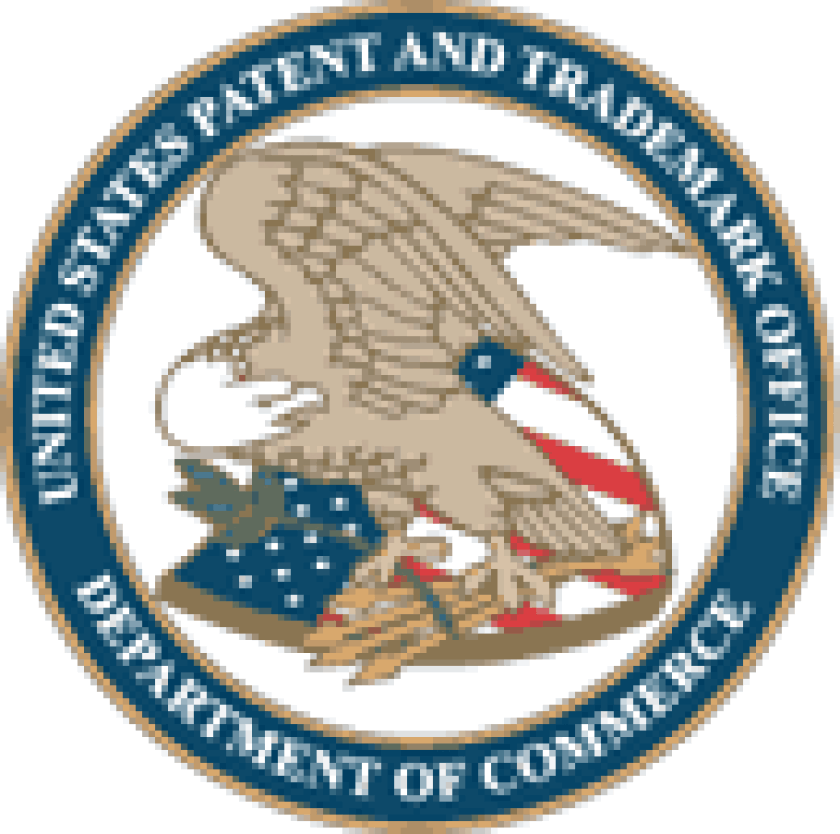
The USPTO has updated its interim guidance on patent subject matter eligibility, adding a memorandum, giving new examples for life sciences, adding a new set of life science examples, a memorandum to the patent examining corps, an index of eligibility examples, and an appendix of subject matter eligibility court decisions..
The examples provide exemplary subject matter eligibility analysis under Section 101 of hypothetical claims and claims drawn from case law. The examples are intended as a teaching tool to assist examiners and the public in understanding how the USPTO would apply the eligibility guidance in certain fact-specific situations.
Robert Bahr, deputy commissioner for patent examination policy at the USPTO, noted in a blog post that the examiner memorandum seeks to improve the quality and consistency of subject matter eligibility determinations and rejections by explaining that a reasoned rationale must be provided in the Office action, and provides guidance on how to effectively communicate that rationale to the applicant.
“The memorandum also reinforces that examiners must carefully consider all of an applicant’s arguments and evidence rebutting the subject matter eligibility rejection, and either withdraw the rejection when the response is persuasive, or provide a rebuttal when the rejection is maintained,” Bahr said. “The guidance in the memorandum and subsequent training should lead to greater consistency throughout the patent examining corps in evaluating whether the claimed subject matter is eligible for patenting, more thorough office actions that will assist applicants in determining how to respond to subject matter eligibility rejections, and greater assurance that applicant responses are thoughtfully considered by the examiner in determining whether to maintain a subject matter eligibility rejection.”
The USPTO will provide training to examiners on the new guidance in interactive workshops.
UPDATE: Foley & Lardner partner Courtenay Brinckerhoff on the PharmaPatents blog expressed surprise that most of the claims in the examples document relating to diagnostic methods and “nature-based” products are said to satisfy Section 101.
“The USPTO also published a Memorandum to the Examining Corps that provides guidance on how examiners should formulate subject matter eligibility rejections and evaluate applicant responses,” said Brinckerhoff. “Both documents have me wondering if the USPTO may be attempting to swing the patent eligibility pendulum back towards the centre, but until the Federal Circuit – or the Supreme Court – provides more coherent guidance, § 101 will continue to impact the scope of diagnostic and 'nature-based' product patents."










